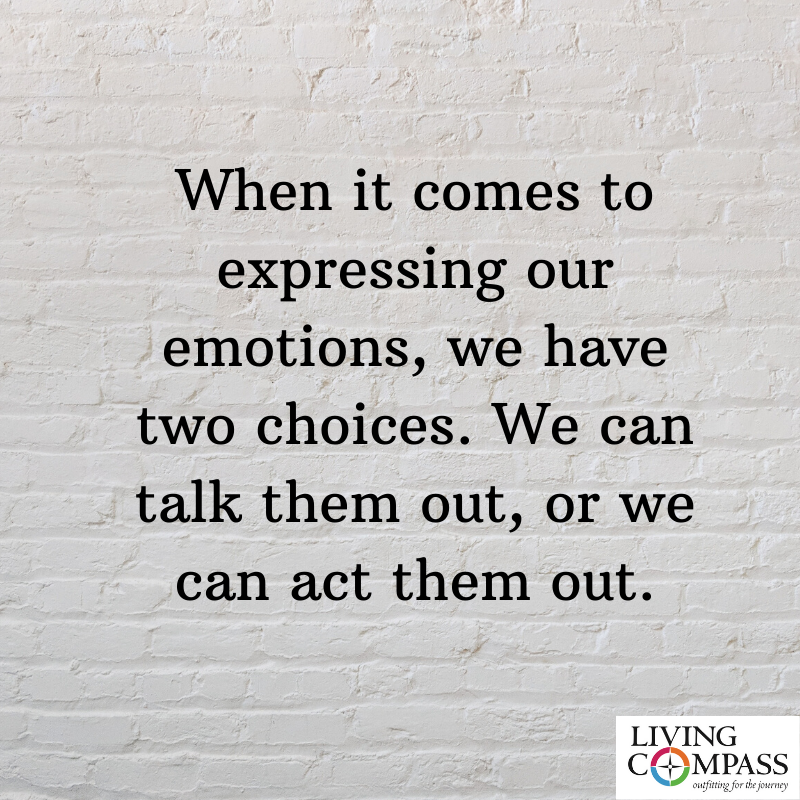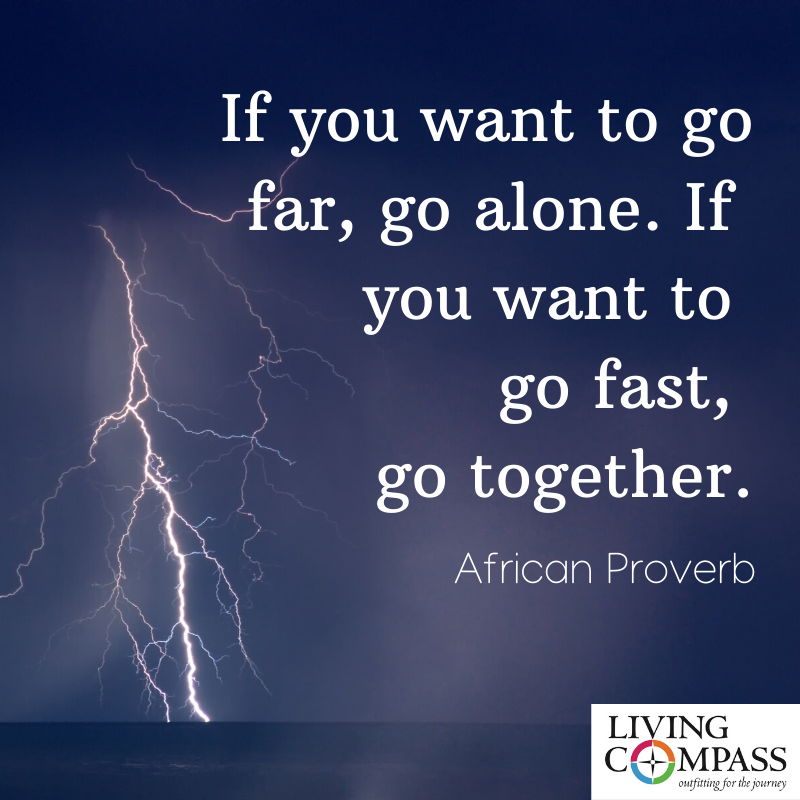Let’s Talk Things Out
Two years ago, this month, there was something quite positive happening that also captured global attention. Several hundred million people from around the world tuned in to watch the royal wedding of Prince Harry and Megan Markle. And while they have also been in the news quite a bit since their wedding day, I actually want to focus in this column on a story about Prince Harry that first aired in the spring of 2017, a year before his wedding.
In a very candid interview, Prince Harry talked honestly about his mental health struggles as a young man. I wrote a column about this interview at the time that it was aired, and have now decided it would be worth repeating some of that column. The reason is because so many people are currently facing mental health challenges due to the stress and loss that they are feeling in this time of the pandemic. Some of the quotes from Prince Harry's 2017 interview, found below, are almost word for word what people are sharing with me as they talk about what they are experiencing today in this unique time of uncertainty.
If you know of someone who is struggling with anger, depression, sadness, grief, or loss at this time, please share what Prince Harry shared with the world several years ago, to help them accept and normalize what they are experiencing. Perhaps it will also encourage them to seek help, as Prince Harry wisely did, if the challenges become too great to work through on one's own.
Prince Harry's story is a story of hope and resilience, one that inspiring for all of us to hear in the midst of the challenges we are all facing right now.
Here is the column I wrote in April 2017 that is still relevant to what we are experiencing today.
In my therapy practice, I have frequently shared a teaching with individuals, couples, and families that when it comes to expressing our emotions, we have two choices. We can talk them out, or we can act them out.
I was reminded of the truth of this teaching from a very unexpected source--Prince Harry of Wales. In a stunningly honest twenty-five minute interview for a new podcast show in England, Harry talked openly of how impaired he had become due to the unresolved grief that he had been carrying around since his mother's (Princess Diana) death when he was twelve. You will find some quotes from the interview at the end of this column to give you a sample of what he shared.
Harry, now 32 years old, acknowledges in the interview that he recently went through a two year period where his life was, in his words, "total chaos." One of the signs of the emotional chaos he was feeling was that he was becoming more and more angry and feeling like he wanted to "punch someone." Anger is a very common way for unresolved grief to manifest itself, especially in men. With the support of his brother William, Harry went to a therapist to talk about his grief and learned that the chaos that he had been feeling was rooted in the internal chaos of the grief he had been trying to avoid talking about for so many years.
Harry's thinking typifies what many of us believe, that talking about our emotions, be they grief, anxiety, sadness, or anger will only draw more attention to them and make the feelings stronger, which will in turn make us feel worse. There are many ways we can justify to ourselves that being vulnerable and talking about our emotions is not a good thing. The truth is just the opposite.
Acknowledging our vulnerability and talking it through with others is what brings healing and allows us to eventually resolve the feelings that we have been carrying around, making it possible to move on to a healthier and happier life. What is true for individuals is also true in relationships. When conflictual feelings arise between two people, if they choose not to talk those feelings out, they will soon find that they are acting them out. This acting things out can manifest itself in distancing, avoiding, or growing irritable with each other. However, when two people who are experiencing conflict in their relationship risk being vulnerable and talking things out, it is not unusual for them to experience healing and a renewed connection between one another. Choosing to avoid talking about hard things, it turns out, distances us not only from ourselves, but from others, too.
I am so grateful for Prince Harry's willingness to be vulnerable and share his story with the world. I am also thankful for the commitment he and his family have made to a mental health campaign entitled Heads Together. May their willingness to talk openly about mental and emotional wellness remind us of the importance of talking things out, no matter what the problem.
Below are some direct quotes from Prince Harry's interview. These statements will help us all see that feeling any kind of grief is normal, and that the need to talk it out is universal. This is as true for the grief of losing a loved one as it is for the stress that comes from living in a time of great uncertainty.
"I just couldn't put my finger on it, I just didn't know what was wrong with me."
"I can safely say that losing my mum at the age of 12, and therefore shutting down all of my emotions for the last 20 years, has had a quite serious effect on, not only my personal life, but my work as well."
"I have probably been very close to a complete breakdown on numerous occasions when all sorts of grief and sorts of lies and misconceptions and everything are coming to you from every angle."
"The experience I have had is that once you start talking about it, you realize that actually you're part of quite a big club."
"And then I started to have a few conversations and actually all of a sudden, all of this grief that I have never processed started to come to the forefront and I was like, there is actually a lot of stuff here that I need to deal with."
"I know there is huge merit in talking about your issues and the only thing about keeping it quiet is that it's only ever going to make it worse."
Thank you, Prince Harry, for reminding us of the importance of talking things out.
Subscribe Now to Weekly Words of Wellness:
Click the button below to signup for the e-mail version of Weekly Words of Wellness. This weekly article can be shared with your community electronically and/or used for group discussion.
You can unsubscribe at any time.




